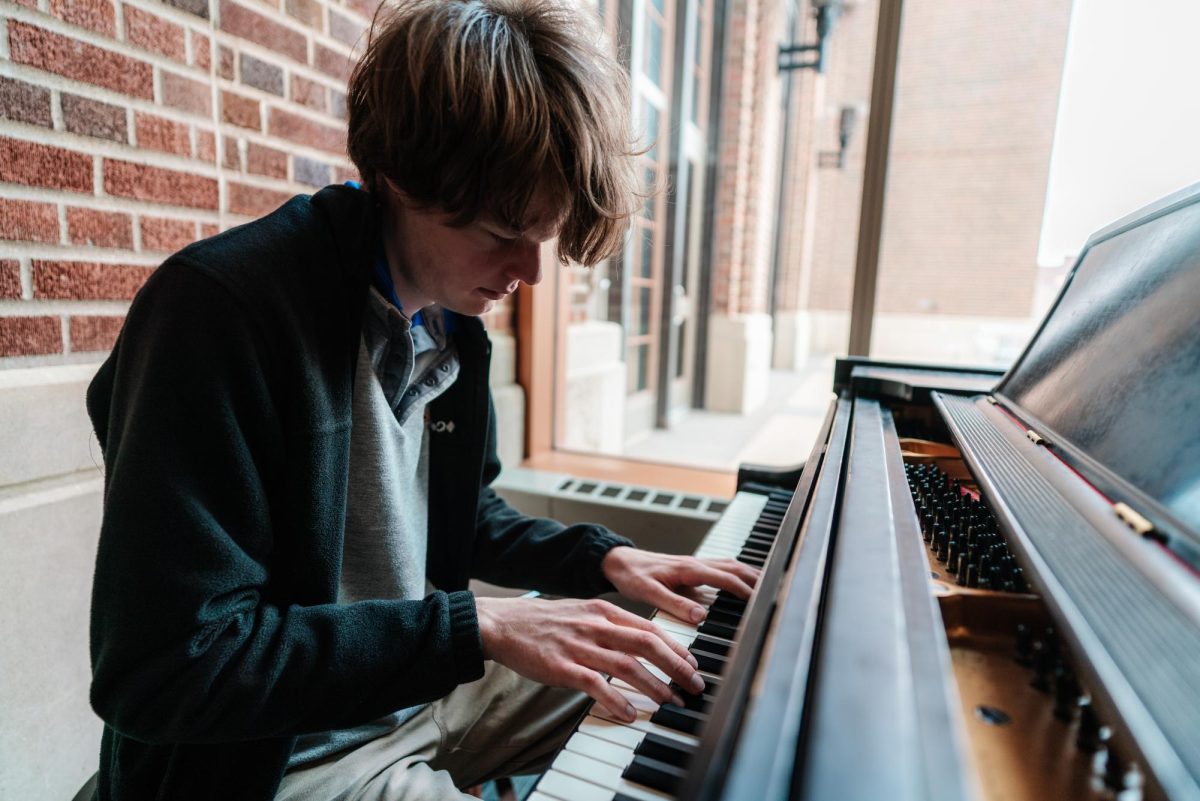NEW YORK (AP) — The NBA players union’s luxury tax proposal won’t give the owners much extra revenue.
In fact, in the proposal’s present form, union president Patrick Ewing is the only player under contract for the 1998-99 season with a salary big enough to trigger the tax.
The league’s negotiating team spent Wednesday studying the union’s proposal to see if it will actually slow the growth of player salaries.
“We’re plugging in the numbers and considering a counterproposal,” NBA chief legal counsel Jeffrey Mishkin said.
Under the union’s offer, a 50 percent tax would be levied on the amount of any annual salary over $18 million. The tax money would be redistributed to low-revenue teams.
Ewing is due to make $18.5 million, meaning $500,000 of his salary would qualify for the 50 percent tax. Last season, only Ewing ($20.5 million) and Michael Jordan ($33 million) had salaries that would have triggered the tax, so a middle ground would need to be negotiated to make a tax palatable to the owners.
“The numbers are negotiable,” union attorney Jeffrey Kessler said.
If the owners latch onto the concept and adopt the tax system in a counterproposal Friday, it could signal that the sides have found an acceptable mechanism for solving the biggest rift between them — a new economic operating system for the next collective bargaining agreement.
“We are going to examine every element of this tax to see whether under some circumstance, at the right levels and in the right amounts, a tax could work,” commissioner David Stern said.
The lockout is now 3 1/2 months old, and the league took the unprecedented step Tuesday of canceling the first two weeks of the regular season.
New York Knicks president Dave Checketts, a member of the owners’ negotiating committee, suggested Wednesday the work stoppage could last a long time.
“If we learned anything from baseball (the strike of 1994-95), it is that we must keep them out as long as it takes. They didn’t hold them out long enough,” Checketts said. “And as a result, even though baseball had a major comeback, we know that baseball is going to lose somewhere in the neighborhood of $100 million this year.”
“Even though we’d like to say we learned from baseball — what they did to the World Series and when they went through this long labor situation, it ruined the sport,” said Checketts, whose comments appeared in today’s New York Times and New York Post. “It ruined fan interest. People were angry at the game. But the reality is, once they had incurred that damage, the mistake they made was coming back too soon, perhaps, and not getting a labor agreement that would carry them into the next century.”
Union director Billy Hunter issued a statement in response:
“Our players desperately want to play ball. The fans want us to play. But apparently the owners want to shut down, according to Mr. Checketts,” Hunter said. “It’s unfortunate and very apparent from his remarks that the NBA and its owners will stop any nothing short of breaking the union and the morale of the players.”
Both sides are awaiting a ruling from arbitrator John Feerick on the union’s grievance over whether more than 200 players with guaranteed contracts should be paid during the lockout.
Feerick’s decision, which could have a major impact on the negotiations, is due by Sunday.
In the last labor agreement reached in 1995, the owners agreed to pay the players between 48 percent and 51.8 percent of revenues. If the percentage went higher — and owners claim it reached 57 percent last season — they had the right to toss out the old deal.
Owners have proposed a hard salary cap that would reduce that number to 48 percent over four years, while the union has proposed two cap-tightening measures if the number rose to 63 percent.
Stern indicated that the owners might accept a luxury tax proposal if it included a fall-back provision that included a hard cap. That way, if the tax system wasn’t keeping salary costs down, another system would kick in to ensure cost certainty.









